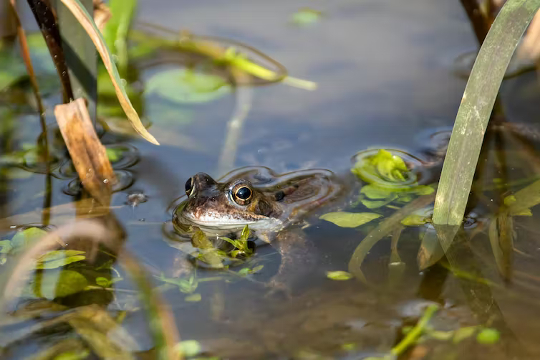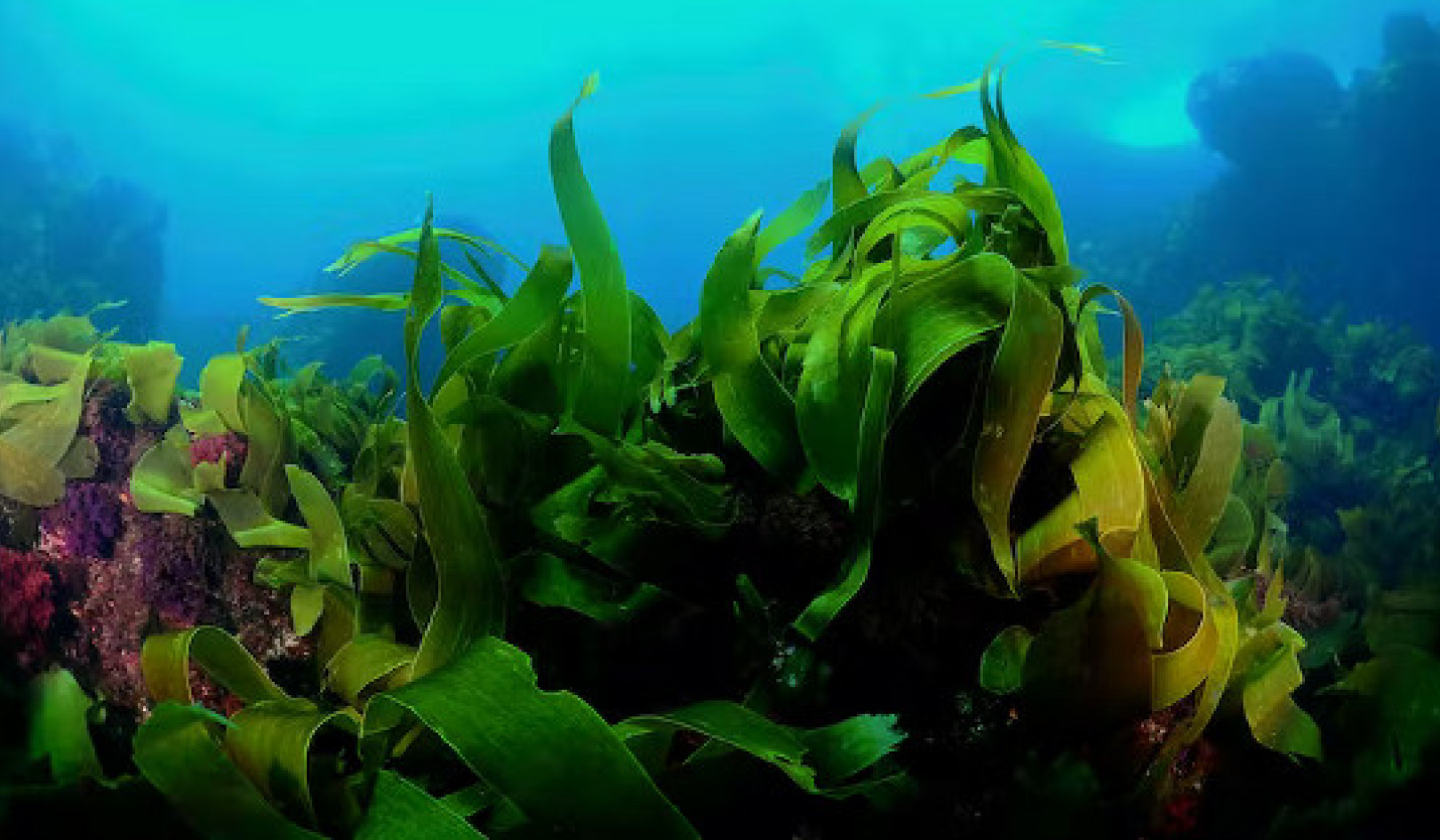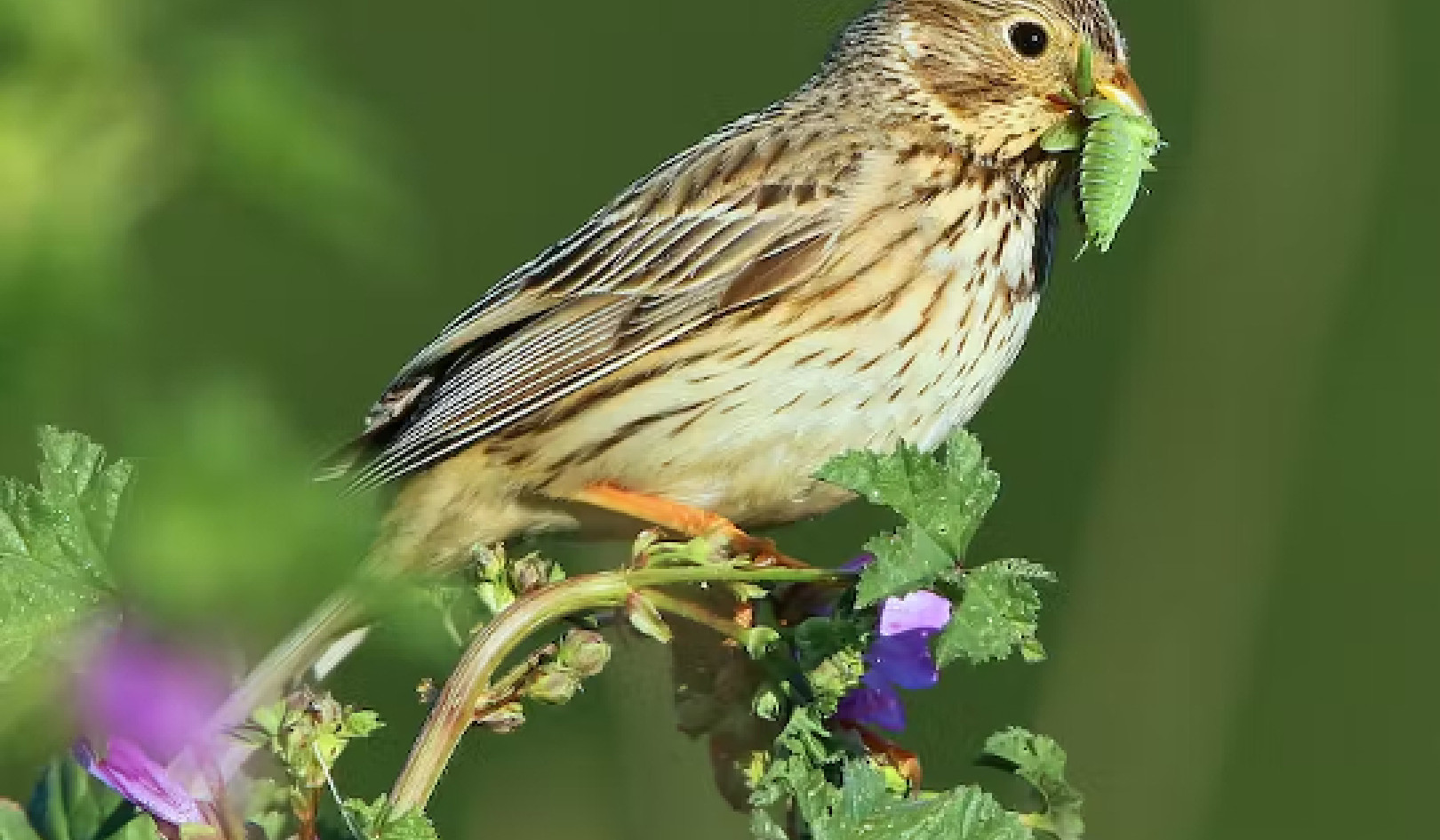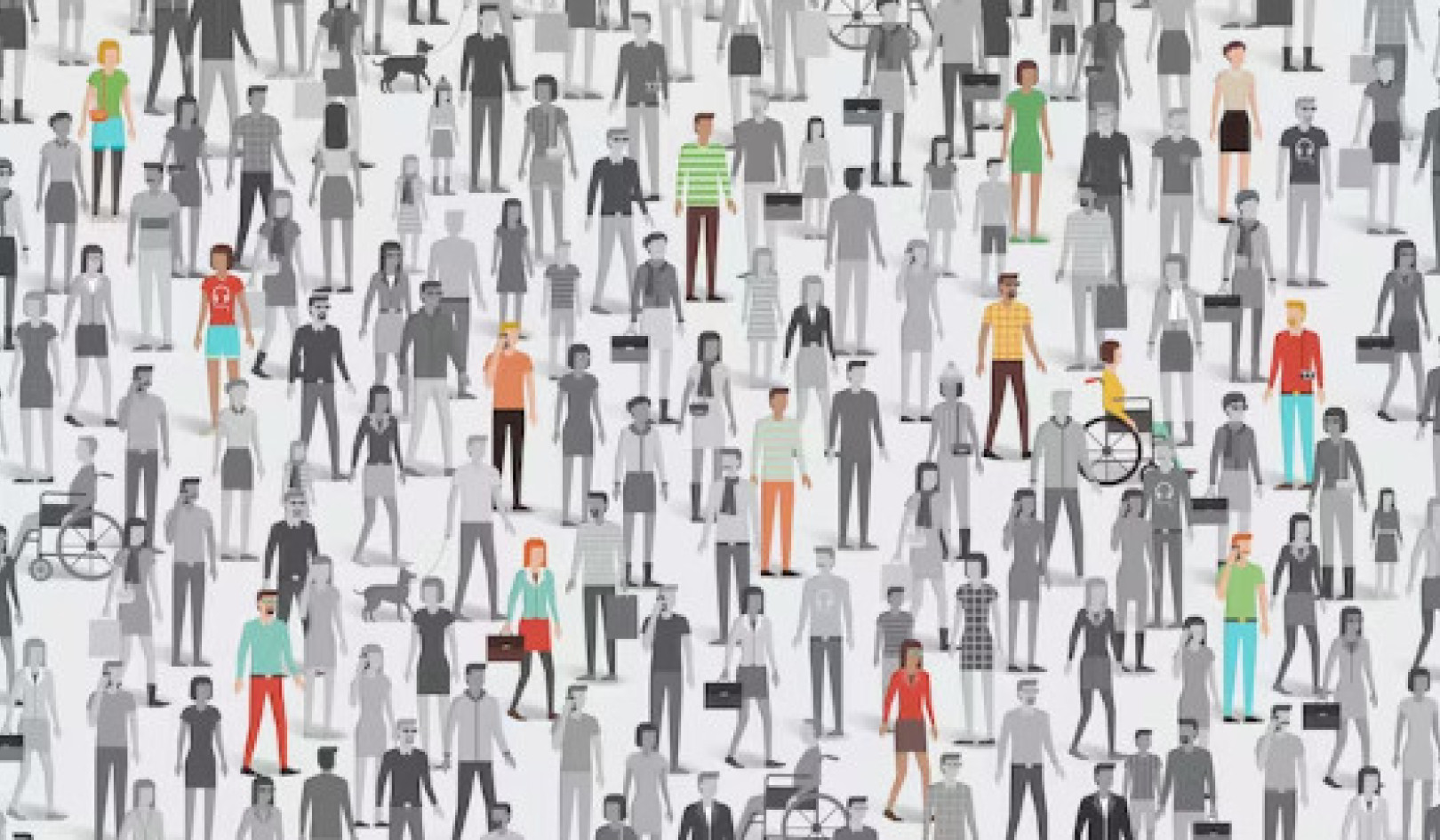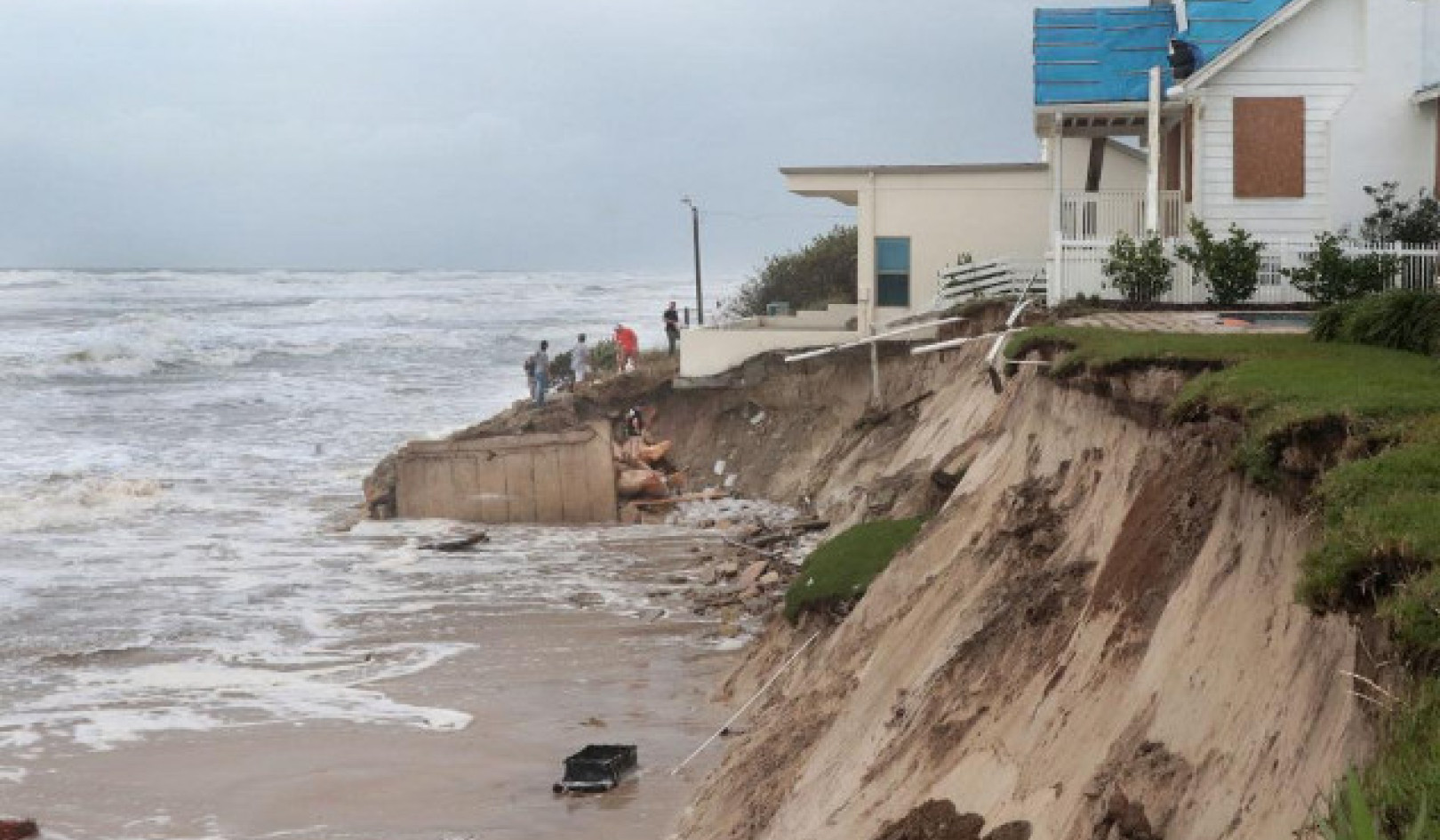Biodiversity refers to the variety of life found on Earth and underpins the natural systems which grow our food, cleanse our air and water and regulate our climate. Human life cannot exist without it. But around one million animal and plant species are now threatened by extinction.
At the recent UN biodiversity conference (COP15) in Montreal, parties agreed on a set of targets for reversing global biodiversity loss by 2030. This includes protecting 30% of the Earth’s surface and reforming subsidies for farming and fishing. Meeting these targets will require coordination between governments and businesses.
Yet the pace at which legislation and policies take effect is exceeded by the global rate of biodiversity loss. Here are some of the most effective actions you can take to help reverse biodiversity loss and restore nature now.
1. Donate
The total area of protected land and sea in the UK increased from 27.6 million hectares in 2017 to 40.6 million hectares in 2022. Much of this area is managed by charities, legal bodies and local authorities.
These organisations, such as the RSPB and the Wildlife Trust, restore biodiversity by creating new habitats, improving existing ones and ensuring that wild areas are connected with forested corridors and reserves to allow species to roam. For example, the Wildlife Trust has reintroduced beavers to fenland in Kent, where wet grassland habitats are now thriving as a result.
But the funds available for nature conservation in the UK are often insufficient. Individuals and businesses can donate money to support the work of these organisations.
2. Volunteer
Many charitable organisations are dependent on volunteers to undertake administration and marketing, site management or to spread the message about the biodiversity crisis. With new digital ways of working, people could volunteer from their own home at suitable times. Experience is not necessary in most cases and volunteers often benefit from on the job training.
Volunteering can also have other benefits. Research has revealed spending just two hours in nature each week can benefit health and well-being.
3. Change what you eat
No one likes being lectured about their diet. But unsustainable farming methods, the expansion of agricultural land and our meat-based western diets all threaten biodiversity.
Converting natural habitats to agricultural land has resulted in one-quarter of all remaining mammal species being threatened with extinction. Research has also shown that agricultural intensification now means that more than half of European bird species are threatened or in decline.
To reverse biodiversity loss, we must change both what we eat and how much we consume.
The UK’s National Food Strategy and the Food and Land Use Coalition’s “Better Futures Report” recommend a diet that is less reliant on meat. The Food and Land Use Commission, for example, suggest that, from 2030, a sustainable adult male diet should consist of 14g of red meat per day, 29g of chicken and other poultry, 250g of dairy products, 500g of fruits and vegetables, 50g of nuts and 75g of soya bean and other legumes.
4. Nature-friendly gardens
Urbanisation is increasingly fragmenting natural habitats and, as such, species decline is highest in cities. As cities continue to grow it will become more important to have multiple approaches for biodiversity conservation.
Our gardens, although typically not spacious enough to maintain species diversity, can be important habitats in urban environments. Working with our neighbours, we can scale up our gardens by growing networks of flowers to help insects feed and planting trees for birds to nest in. This will increase biodiversity by creating a patchwork of habitats across a whole neighbourhood. Wildlife-friendly gardens can create corridors for a wide range of species and improve connectivity, provide shelter or nesting sites, maintain genetic diversity and increase the abundance of native plants even in the smallest spaces.
A study in 2009 found that there were up to 28.7 million trees, 3.5 million ponds and at least 4.7 million bird nesting boxes in UK gardens. Nesting bird numbers can be increased if we know where trees can be planted for maximum effect. Networks of pollinating flowers across gardens could also help insects and butterflies feed.
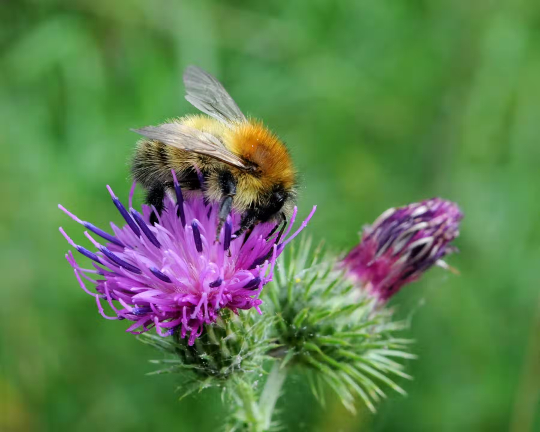
Networks of plants would allow insects to feed. David JC/Shutterstock
5. Indoor cats and responsible dog owners
Cats are natural predators and allowing your pet to roam freely around the neighbourhood means it – and all the other free-roaming pet cats out there – could be responsible for the deaths of millions of animals each year. Research in Australia revealed that by allowing cats to freely roam, predation on local prey per square kilometre in residential areas is 28–52 times larger than predation rates by feral cats in natural environments. Cats have caused such devastating impacts to Australian wildlife that cat predation is listed as a key threat to native wildlife within national legislation.
In the UK, cat ownership in the UK has increased by 13% on average each year over the past 40 years so that roughly 90% of the UK’s cats are now pets. This has correspondingly increased the threat to our native wildlife.
There are several ways we can reduce the impact of pet cats on biodiversity. Keeping a cat well fed reduces their need to hunt. Another option is to keep them indoors for parts of the day, during the night or entirely. The impact of pet cats on Australian wildlife has grown so severe that local authorities have introduced bylaws and curfews to contain cat predation.
Cats predominantly threaten biodiversity in urban areas. Yet the interaction between dogs and wildlife occurs more frequently in rural situations.
The issue here arises primarily as a result of predation and disease transmission. But dog faeces and urine fertilise soils with nutrients and can change the type of plants that grow in an area. This carries knock-on effects on a habitat’s structure. By picking up dog faeces and correctly disposing of it, dog owners can reduce the input of nitrogen to the soil by 57% and phosphorus by 97%.
The best antidote to despair about the state of the natural world is to immerse yourself in it. Give these steps a try and you should hopefully discover more ways to not only lessen your footprint, but enjoy a more vibrant local environment.
About The Author
Kate Hiseman, Senior Lecturer Practitioner in Environment and Sustainability, Anglia Ruskin University
This article is republished from The Conversation under a Creative Commons license. Read the original article.
Books on The Environment from Amazon's Best Sellers list
"Silent Spring"
by Rachel Carson
This classic book is a landmark in the history of environmentalism, drawing attention to the harmful effects of pesticides and their impact on the natural world. Carson's work helped to inspire the modern environmental movement and remains relevant today, as we continue to grapple with the challenges of environmental health.
Click for more info or to order
"The Uninhabitable Earth: Life After Warming"
by David Wallace-Wells
In this book, David Wallace-Wells offers a stark warning about the devastating effects of climate change and the urgent need to address this global crisis. The book draws on scientific research and real-world examples to provide a sobering look at the future we face if we fail to take action.
Click for more info or to order
"The Hidden Life of Trees: What They Feel, How They Communicate?Discoveries from A Secret World"
by Peter Wohlleben
In this book, Peter Wohlleben explores the fascinating world of trees and their role in the ecosystem. The book draws on scientific research and Wohlleben's own experiences as a forester to offer insights into the complex ways that trees interact with one another and the natural world.
Click for more info or to order
"Our House Is on Fire: Scenes of a Family and a Planet in Crisis"
by Greta Thunberg, Svante Thunberg, and Malena Ernman
In this book, climate activist Greta Thunberg and her family offer a personal account of their journey to raise awareness about the urgent need to address climate change. The book provides a powerful and moving account of the challenges we face and the need for action.
Click for more info or to order
"The Sixth Extinction: An Unnatural History"
by Elizabeth Kolbert
In this book, Elizabeth Kolbert explores the ongoing mass extinction of species caused by human activity, drawing on scientific research and real-world examples to provide a sobering look at the impact of human activity on the natural world. The book offers a compelling call to action to protect the diversity of life on Earth.


